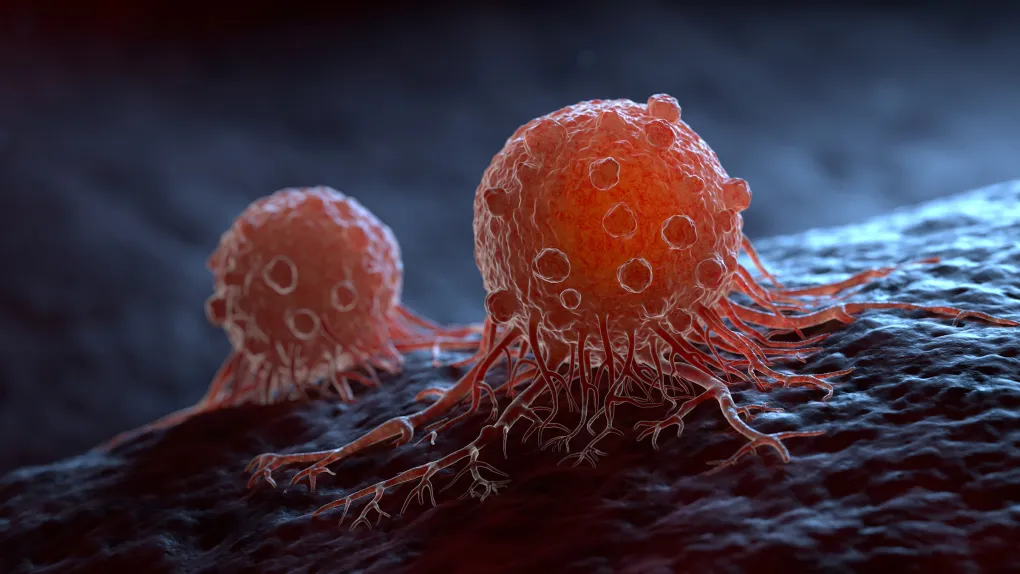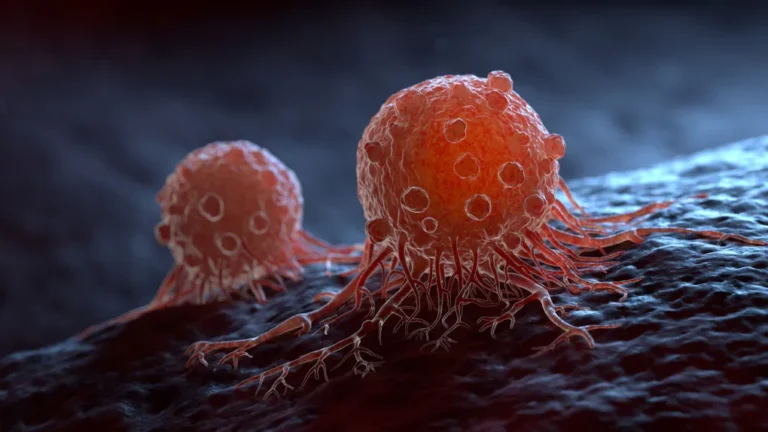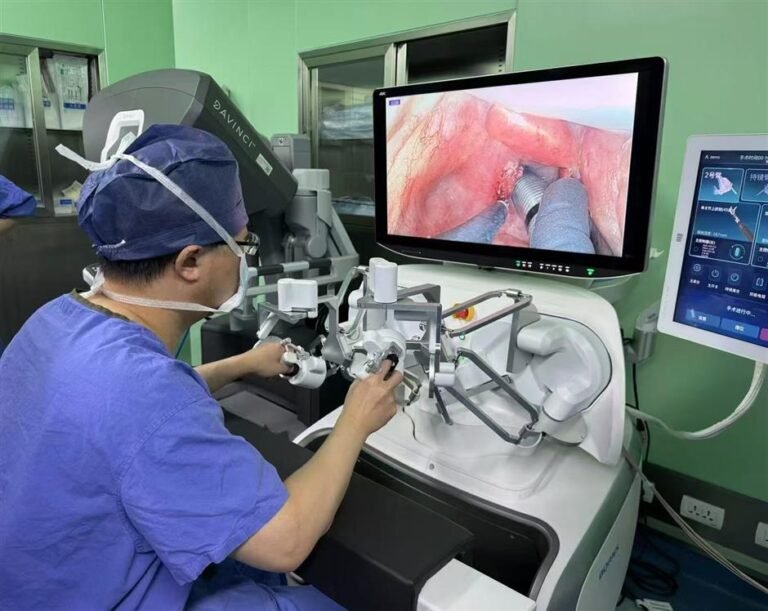Trending Article
Scientists found a new way Self-Destructs Cancer Cells
Scientists have made a groundbreaking discovery in cancer research by developing a compound that can cause cancer cells to self-destruct.

This innovative approach, which has been described in a recent paper published in the journal Science, combines two proteins in a novel way that could potentially change the face of cancer treatment.
This new compound journey was initiated by Dr. Gerald Crabtree, professor of developmental biology. Reflecting on apoptosis, he explained that, for quite some time, biologists have realized that there are biological processes in which the cells will kill themselves through a certain process called apoptosis when their death is regarded as indispensable for the welfare of the organism. The primary function of apoptosis is removing damaged or unwanted cells within the biological organisms.
This process is mainly disrupted in the case of cancer. Cancer cells can evade apoptosis frequently, making them proliferate uncontrolled. Chemotherapy and radiation are types of traditional treatments for cancer that target the rapidly dividing cells indiscriminately and cause severe side effects on healthy tissues. Because of this, scientists have been in a hurry to develop targeted therapies that will specifically attack cancer cells without damaging the rest of the healthy cells.
Mechanics of the New Compound
Two proteins created by researchers have been ingeniously “glued” together to form a newly created compound. The one central component is a protein called BCL6, which in its mutated state acts as an oncogene, a type of gene that can drive the formation of cancers, particularly blood cancers like lymphoma. Under normal circumstances, BCL6 binds to regions in DNA that govern apoptosis and basically puts the protection in the off position. It will then allow the cancer cell to bypass this death process, which adds up to the “immortality.”.
The scientists who were armed with such information have converted this knowledge into a potent therapeutic agent against cancer. The compound takes advantage of the very mechanism of survival that the cancer cells have perfected and utilizes this to cause their death.
Targeting Cancer at Its Core
The strategy of forcing cancer cells to self-destruct is revolutionary. If it works, then this is going to change the game in oncology. This compound will no longer just destroy cancer cells from the outside but, rather, make the cells kill themselves from the inside. Not only will this method enhance the treatment efficacy, but it also promises minimal damage to the healthy cells.
To test these leads, the research team is testing the compound on mice that have been given an established diagnosis of diffuse large B-cell lymphoma- a common and virulent variety of non-Hodgkin lymphoma. An initial round of pre-clinical testing-the kind of experiment that demonstrates an ability to kill cells and potentially prevent their continued survival in a living host-provides critical information about a compound’s promise by allowing it to show its real mettle toward eliminating cancer cells.
Promise of Targeted Therapies
The compound under discussion is one major stride in the area of targeted therapies for cancer. While conventional approaches to treatment, wherein the treatment of the disease was usually an all-or-nothing affair, leaving in its wake a trail of pain and declining quality of life, researchers began to develop therapies that will target specific aspects of cancer.
These self-destructing cancer cells symbolize not only the principle but also point to a need for further research into mechanisms of cancer biology. Based on the knowledge of the cellular process, scientists have been able to devise advanced therapies to attack the cause of the cancer and not the symptoms.
Future Directions and Implications
If these studies in mice look promising, then clinical trials in humans will be necessary. That is a step toward the evaluation of the compound in terms of safety and efficacy for the human patient. Questions that arise as this process is pursued include the ideal dosing for this treatment and side effects, which would determine how this should fit into protocols for cancer care.
Apart from this, the findings of this research are not only applicable to lymphoma. Scientific principles of this compound can be used for similar treatments in other cancers. Knowledge about specific proteins and pathways in various cancers can be used by scientists to develop compounds tailored to attack those weaknesses.
source :bgr










